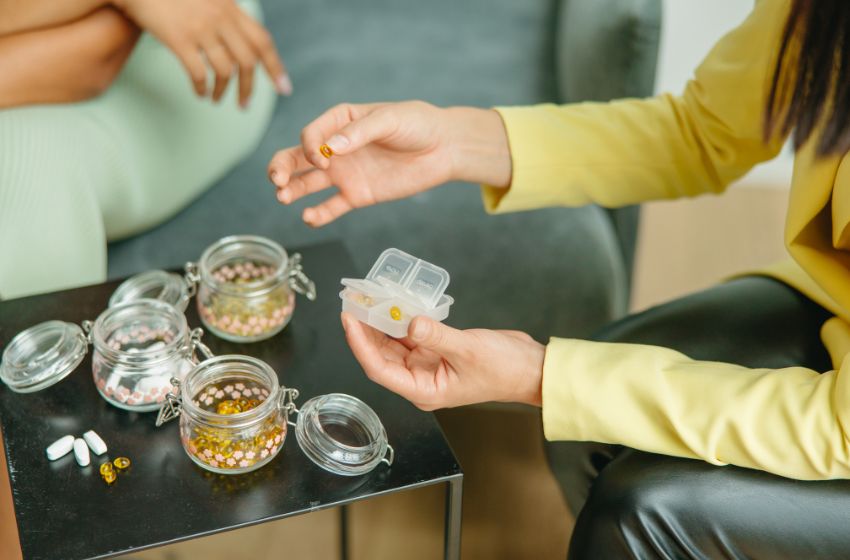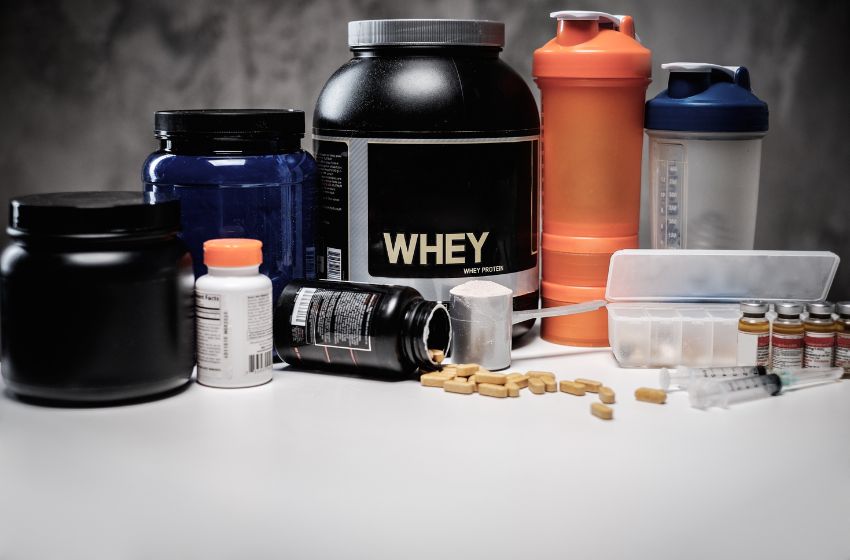The Great Aussie Supplement Hoax: Are We Swallowing More Than We Should?

In the land Down Under, we’re known for our active lifestyles, love for the outdoors, and a diet that often includes healthy doses of Vegemite, fresh seafood, and seasonal produce. Yet, there’s a burgeoning industry that’s feeding off our insecurities about health: the nutritional supplement market. Aussies are spending millions annually on vitamins, minerals, and various forms of dietary supplements, but the pressing question is, do we really need them in the quantities we’re taking?
The Lure of the Quick Fix
First, let’s consider the appeal of nutritional supplements. They promise an easy way to fill the gaps in our diets and ward off everything from the common cold to chronic fatigue. The marketing strategies are so effective that they often make us forget the basics: A balanced diet and a healthy lifestyle are usually enough to provide the essential nutrients our bodies need.
The Placebo Effect
One of the most potent factors in the efficacy of supplements is the placebo effect. We’re conditioned to believe that if we’re taking something in pill form, it must be doing something beneficial for our bodies. But often, what we’re experiencing is a psychological response rather than a physiological improvement. This isn’t to say supplements can’t be effective, but it questions the necessity of taking them in the absence of a diagnosed deficiency.
Overdoing It Can Be Harmful
While most supplements are harmless when taken as directed, there’s a growing body of evidence suggesting that high doses of certain vitamins and minerals can be problematic. For example, excessive amounts of vitamin A can lead to headaches, liver damage, and even birth defects. High levels of calcium can interfere with the body’s ability to absorb other essential minerals and can lead to kidney stones. There’s a fine line between supplementing for health and tipping the scales towards potential harm.
The Profit Motive
It’s crucial to remember that the supplement industry is a business, and like any business, its primary goal is to make a profit. The persuasive marketing campaigns and celebrity endorsements often overshadow the lack of rigorous scientific studies backing these products. It’s a consumer’s market, but it’s also a market that is not as strictly regulated as pharmaceuticals. What’s on the label may not always accurately represent what’s inside the bottle.
The Doctor Knows Best
If you’re considering incorporating supplements into your diet, the best course of action is to consult a healthcare provider. Blood tests can determine if you have any deficiencies that need addressing. Self-diagnosis and treatment can lead to an imbalance in nutrient levels, as excessive amounts of one nutrient can inhibit the absorption or exacerbate the depletion of another.
What About Special Diets?
While most of us can get the nutrients we need from a balanced diet, there are specific groups who might benefit from supplements. Vegans, for instance, might require vitamin B12 supplements, as it’s primarily found in animal products. Pregnant women often need folic acid to support the healthy development of their baby. However, these are specific cases and should not be used to justify the mass consumption of supplements.
The Real Pill to Swallow
The truth is, there’s no “magic pill” that can substitute for a balanced diet and a healthy lifestyle. Supplements can serve a purpose when used appropriately, but they should not replace real food or be used as a band-aid for poor dietary habits.

So, what’s the verdict? Do we need nutritional supplements in the quantities we’re taking them? For the majority of Australians, the answer is likely no. In a world where we are constantly searching for quick fixes and easy answers, it’s essential to step back and critically assess whether our pill-popping habits are grounded in actual need or are simply the result of effective marketing and societal pressures.
As we continue to navigate our way through an ever-expanding maze of health and wellness options, let’s not lose sight of the basics. Good nutrition starts not in the supplement aisle, but in our kitchens and dining tables. Before you reach for that bottle of multivitamins, maybe reach for an apple instead. Your body, and your wallet, will probably thank you.







